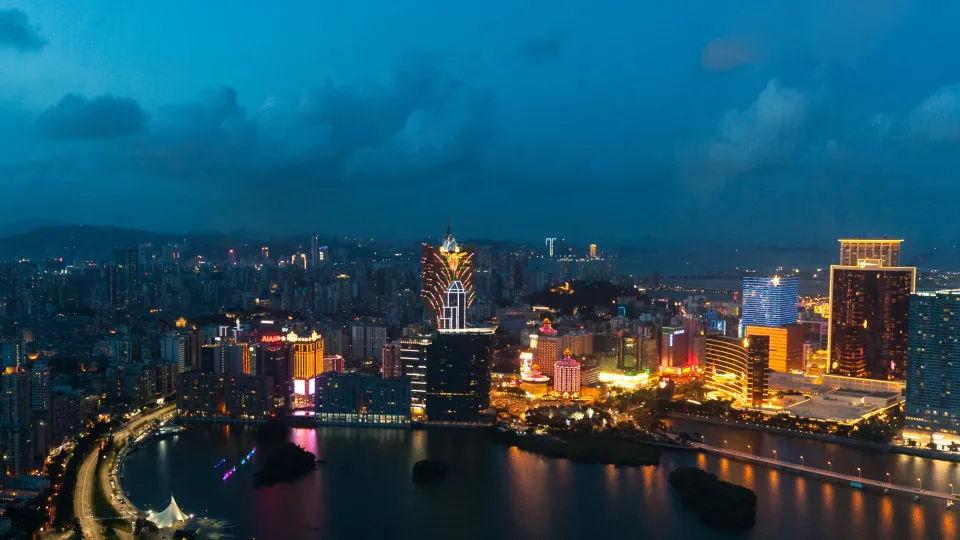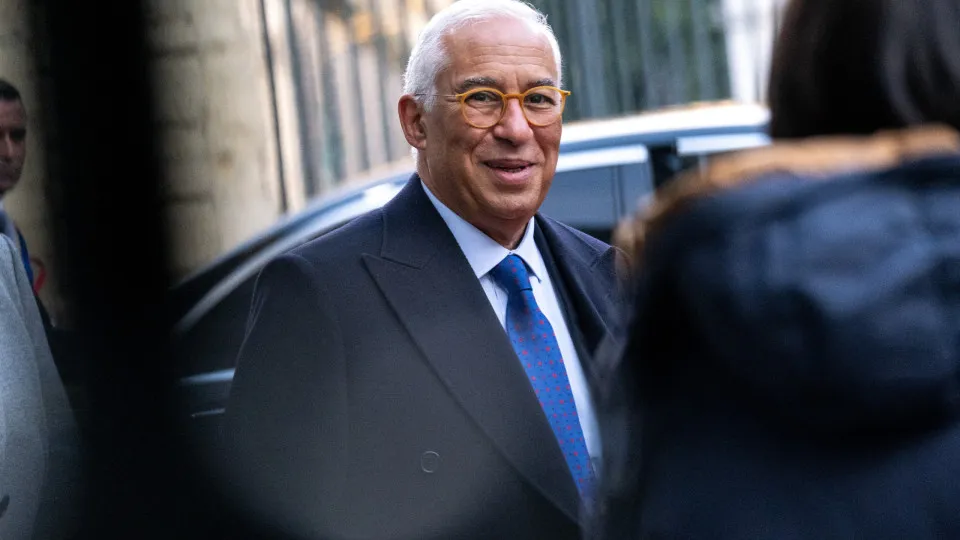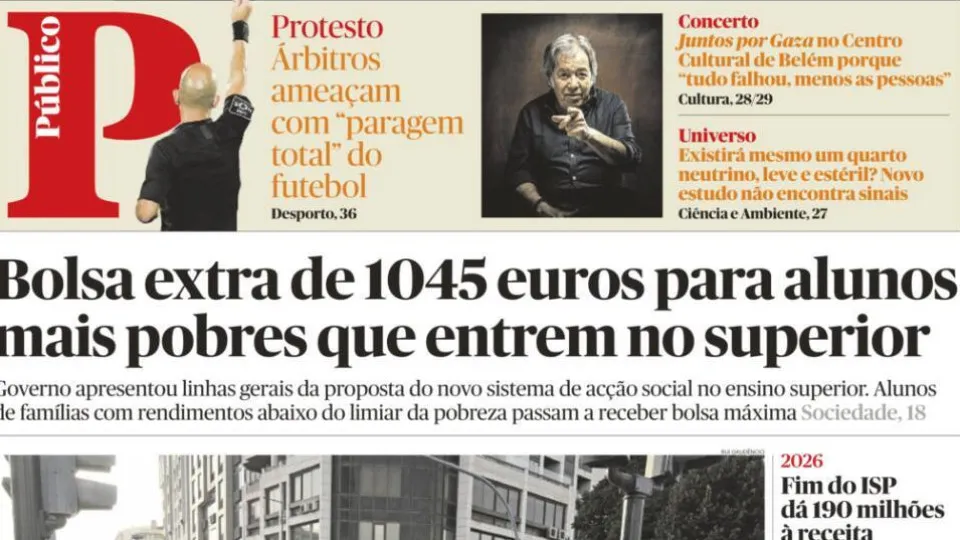
The Financial Intelligence Office (GIF) reported that the six casino operators in the Chinese region submitted a total of 2,751 reports of suspicious transactions related to money laundering or terrorism financing.
In a statement released on Thursday, the GIF highlighted “the reduction in the number of suspicious transaction reports from the gaming sector” until September as the primary reason for an 8.9% decline in the total number.
Between January and September, the office received 4,118 reports, with 73.3% coming from casino concessionaires, 21% from banks and insurers, and 5.7% from other institutions and entities.
The referenced sectors, including pawnshops, jewelry stores, real estate agencies, and auction houses, are required to report to authorities any transaction equal to or exceeding 500,000 patacas (around 53,700 euros).
In 2024, the GIF had received 5,245 reports, most of them from casinos in the territory: 3,837, an increase of 11.8% from the previous year and a new record.
In March 2022, the U.S. Department of State designated Macau as one of the global money laundering hotspots, highlighting the large-scale betting recruiters and the “illicit activities they often facilitate.”
This was despite the arrest in November 2021 of Alvin Chau Cheok Wa, leader of Suncity, then the world’s largest VIP betting recruiter.
According to GIF’s annual report, Macau was the only member of the Asia/Pacific Group on Money Laundering (FATF) meeting “all 40 international standards” on money laundering prevention and counter-terrorism financing and the proliferation of weapons of mass destruction.
The office signed agreements to exchange information with 33 countries and territories, including with Portugal’s Judicial Police’s Financial Intelligence Unit in 2008, the Central Bank of East Timor’s Financial Intelligence Unit in 2018, and in 2019, Brazil’s Council for Financial Activities Control and the Cape Verde Financial Intelligence Unit.
In July, the GIF said it completed procedures to sign an information exchange agreement with Angola to prevent money laundering and terrorism financing and the proliferation of weapons of mass destruction.
The office noted that the agreement was discussed in a meeting with Angola’s Financial Intelligence Unit representatives, during the Egmont Group’s session from July 6-11 in Luxembourg.
The Egmont Group is an international anti-money laundering organization comprising 181 financial intelligence units worldwide.
Angola was added to the FATF’s “grey list” in October 2024 for falling short of its legal and financial regulatory regimes.
Mozambique is also on the FATF “grey list,” and the country was admitted to the Egmont Group in July.
The FATF is an intergovernmental organization that sets international standards for combating money laundering, terrorism financing, and the proliferation of weapons of mass destruction.
The “grey list” identifies countries that are actively working with FATF to address strategic deficiencies in these areas.




